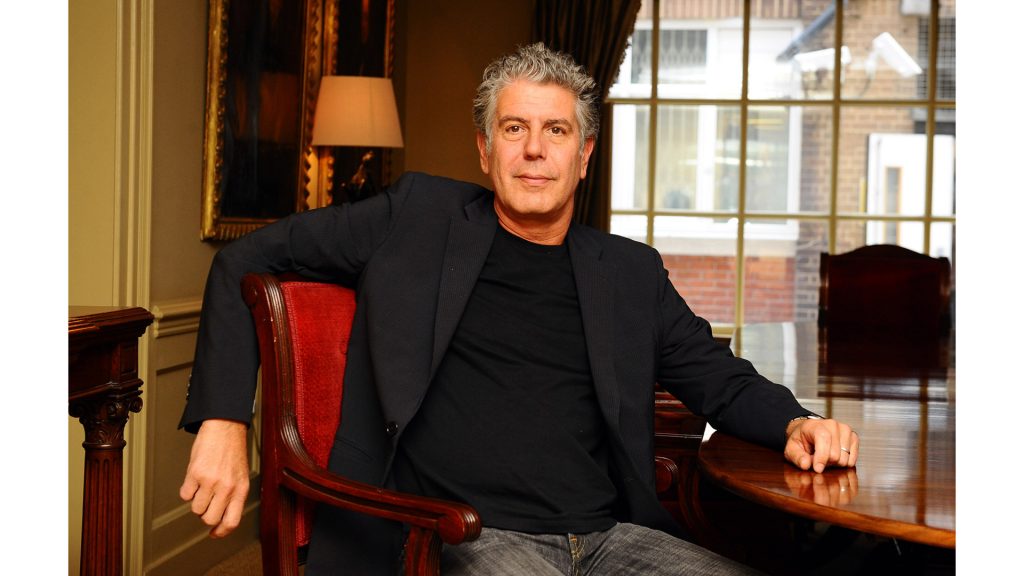A string of recent celebrity suicides has sparked questions about the state of mental-health resources in America. Just last week, longtime storyteller and television chef Anthony Bourdain, as well as high-fashion designer Kate Spade, died by suicide within days of each other. The two beloved celebrities left fans and peers nearly speechless, asking the same question we seem to ponder every time a suicide occurs: Why?
Both Bourdain and Spade amassed massive numbers of fans during their careers, with their influence spanning far beyond the States. A common misconception in our society is that those who seemingly have it all are automatically at a lower risk of developing mental-health problems. This is an extremely dangerous mentality, because, as is true with many cases of mental health, things often appear completely ordinary to the public eye. According to Mental Health America, suicide is the 10th leading cause of death in America; 19.6 percent of people who have died by suicide are between the ages of 45 and 64. The group’s research also shows that between 50 percent and 75 percent of suicide victims talk about their emotions prior to the act. This is where we as friends, family, and fellow human beings must hold ourselves accountable.
Of course, there is no true way to predict these tragedies. But what we can do is fight the stigma that has formed around mental health by promoting conversation, intervention, and humanity. Often, the media coverage of suicide victims incites dangerous and counterproductive banter. This in turn isolates those with mental-health issues and further promotes the stigma around these conditions. It is important that everyone has an improved understanding of what these issues mean as well as how to deal with them and discuss them to do our part in drastically lowering the occurrences of such tragedies.
The media are arguably the most powerful tools that we have to make important strides toward better mental-health conversations and understanding. Admittedly, they can also be a lethal weapon when used as a platform to be hateful, alienating, and vindictive. After scrolling through social media following the recent celebrity suicides, I was shocked to read some of the terrible things that were said about the victims, particularly Bourdain. Many used such words as “coward” to describe him from behind their keyboards. Oh, the irony.
Men are one of the most at risk demographics when it comes to mental health and particularly suicide. This is often because of the way men with mental-health issues are framed by society and, largely, the media. According to the Centers for Disease Control & Prevention, a staggering 70 percent of suicides in the U.S. are committed by men. The toxic thought process that men must always be strong individuals of sound mind is both silly and dated. This mindset only perpetuates the notion that a man who suffers from mental illness is somehow less of a man.
There has never been a more important time to pay attention to those around you. It is critical to step outside of yourself, check in on your loved ones, your neighbors, and even those you may hardly know. Look for the subtle signs of mental-health issues, and, most importantly, listen.
Pull Quote: ‘What we can do is fight the stigma that has formed around mental health by promoting effective conversations, interventions, and humanity toward one another.’
Twitter: What we can do is fight the stigma that has formed around mental health by promoting effective conversations, interventions, and humanity toward one another.
Facebook: The recent suicides of a pair of beloved celebrities has sparked scrutiny over how we deal with mental health in America.












